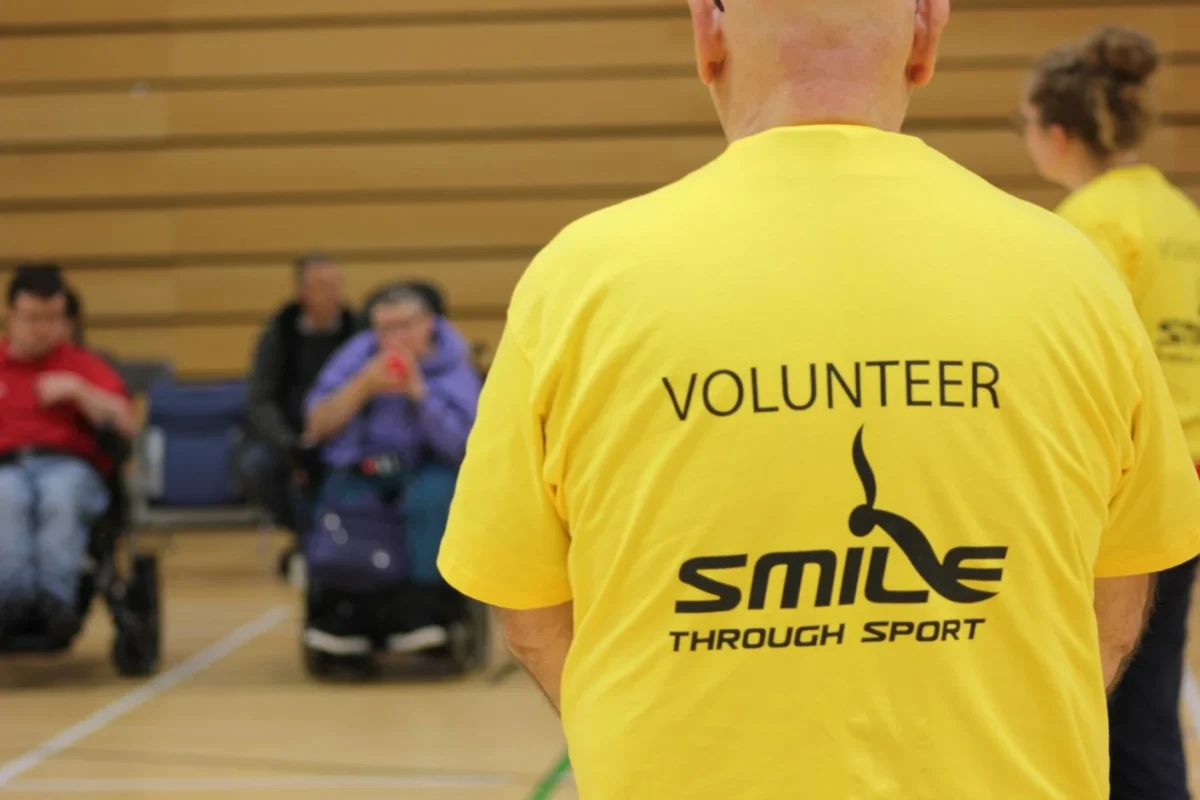What makes you a great organisation

Tip: It has nothing to do with free fruit and a ping pong table!
I guess this topic is a great segue from my article last month, discussing the great resignation. What is it that people are looking for in an organisation? Firstly, this is great opportunity to share that you can only ever find out the answer to any question by listening. Listening when we have something to say to the world is tough though, I should know. A few years ago, I worked with an organisation and the head of training would often say this as to give insight into her experience of the organisational culture.
“We listen to respond; we don’t listen to understand”.
When I first started out in a leadership role, I was fresh out of University, I had worked as a cleaning manager in my final year as it allowed me to work early morning and at night, it also gave me a company car, which was a huge bonus and if I am honest, my main motivation for applying for the role. So, when I left University, it was that experience that allowed me to get my first leadership role immediately, looking after a large region in a facilities management company. 20 years on and I still remember like it was yesterday, the words my boss said on my first day,
“I want you to always remember to take the triangle of the organisational structure and turn it upside down. You do not exist without those people; they should always be seen as the most important.”
I was blown away by the concept and loved it. Off I went to change the world with my newfound leadership style. However, what I realise now is I did not have the skills or knowledge on how to make that happen in the day to day grind and reality of organisational constraints. I did, however love the concept and have carried it with me, but it requires techniques that will drive the change of dynamics in a healthy way. I didn’t know that at the time, as you don’t know what you don’t know, but as I have learnt, things often come as ‘ah ha’ moments much later in life. These have arrived through the opportunity to work with and in many organisations, interviewing hundreds of CEOS and learning to listen to the things people say, and sometimes what they don’t say.
So if I was to attempt to narrow it down to just four things that you can do to influence in making your organisation a great one … wherever you sit in the structure, these would be them.
Be honest
This comes from every level of the organisation and as an individual you can deliver on this. The reason people are a little flexible with the truth is usually because the message is difficult. We don’t know how to deliver it or/and we predict the person/people will react badly. You may deliver it well and they still react badly. However, in the end every person in the world, in the long term, always appreciates honesty. The alternative is secrets and people always know when something is going on but the ability to now know what does far greater damage in the levels of trust in the organisation.
They also know when they aren’t performing, but you might say, ‘Oh its fine’. However, when a round of redundancy’s comes around, they/that team are the first out with no way to have understood was not working for them and the role. There is so much to be said about the power of honesty. If you are struggling with how to deliver those conversations please investigate further books that will support, it is within your power as people will then learn from you on how to be honest, honesty is always, even when difficult, kind.
Do what you say
Sometimes listening requires no response, just a presence, particularly if a person or team is in a journey of learning, personally or within work. However, in organisations as a construct, listening requires a loop that often doesn’t get completed and destroys any trust within the organisations very foundation. This is so common, you’d think we would learn better to improve this, but in many, we simply don’t.
Let us take employee engagement surveys as a great example. The forms are bought into an organisation, everyone is so pleased, they complete the survey and are excited by the outcome. Many people view the results in the leadership team and debate on how to present the data. No one quite makes a decision and then several months later a town hall or document is set up to present the findings. Actions maybe committed to in that presentation and even before they have seen any of those actions reach fruition, the next years wellbeing survey is back around. The response rate reduces because they think, ‘what’s the point.’ At this point, you have lost the very engagement that had been the goal. A small lack of focus on closing the loop with constant feedback and engagement loses the trust and we all know what low trust companies’ stats look like. More burnout, stress, sick days, less satisfaction, energy at work, engagement from the 20 years study that you can find more details of here.
Even on an individual level you have the power to ensure that these loops are closed in daily interactions, the power of them is exponential in growing trust.
Make time
I talk about giving time as being a key to organisational success and it is often considered incredibly difficult in a place where many organisations are time starved but let me elaborate on a story that was shared with me this month at a keynote I delivered.
I had stayed afterwards for lunch and to allow private questions and discussions with individuals who wanted to speak about any of the things I had discussed. A senior leader had approached me, he had been reflecting on the idea of the value of ‘time’ as I spoke about this as one of the core values in the culture change program, A Culture of Kindness. He shared that a member of his team had made the decision to move from his department, he was surprised that his team member was leaving and was disappointed. When he started a conversation about it, the staff member had said, ‘but you must have known I was going to leave’. He went about spending time to understand the member of staff, his motivations, they talked a lot over the coming weeks and the staff member decided not to move departments. He told me that his reflection on the talk I had just given, and the conclusion was that actually maybe it was simply ‘time’ that the staff member needed.
An organisation that does not encourage its teams to make time to share, connect and grow will only ever reach mediocre. In those conversations, moments of reflection come alongside the greatest ideas, it often brings healing for individuals struggling in life; as we all do at some point. We are not built to deliver a ‘to do list’ without connection first. Finding ways to making the time really is the key.
Don’t own it
It’s incredibly common for leaders to believe that they have to deliver. You usually step into a leadership role with many years’ experience, and all that experience and knowledge the leaders believe they should impart. Alternatively, they may believe that they can then judge the ideas of others based on experience and that has a number of consequences that falls into an article of its own.
So how can a small shift make all the difference. Getting the staff to design the solutions to the problems. I am not talking just a middle management, I am talking a wide range of people of the organisation, I discussed something similar in last month’s article with the idea of the steering groups. However, this is also about leaders going into meetings and them letting go. You are letting everyone speak around the table, and checking you are really listening, not just listening to respond. If you have a team that is waiting for you to tell them what to do, it could well be you have been telling them for too long what to do, limiting the creativity. Take a breath and pass the baton on to the team, listen to them.
Don’t always follow the trend
There are trends that happen in the corporate world, free fruit has had its time. Mental Health First Aid being a great example. While I believe there will be Mental Health First Aiders (MHFA) doing incredible things, they came about because of a trend. While for some it may have been the answer for most, it was not the fix that was expected. There were organisations who agreed to this because it was a popular conversation. A tick box exercise but it was never going to fix the culture issues that were becoming increasingly toxic and causing the stress and anxiety.
Each organisation is unique and looking inside for the solutions is often underestimated. Save your pennies for things that get to the foundations of any culture issues, not simply putting a sticky plaster on a problem right before jumping into the pool. Conforming doesn’t always make greatness, but a focus on individuals and the root cause will always provide magnificence.












Responses